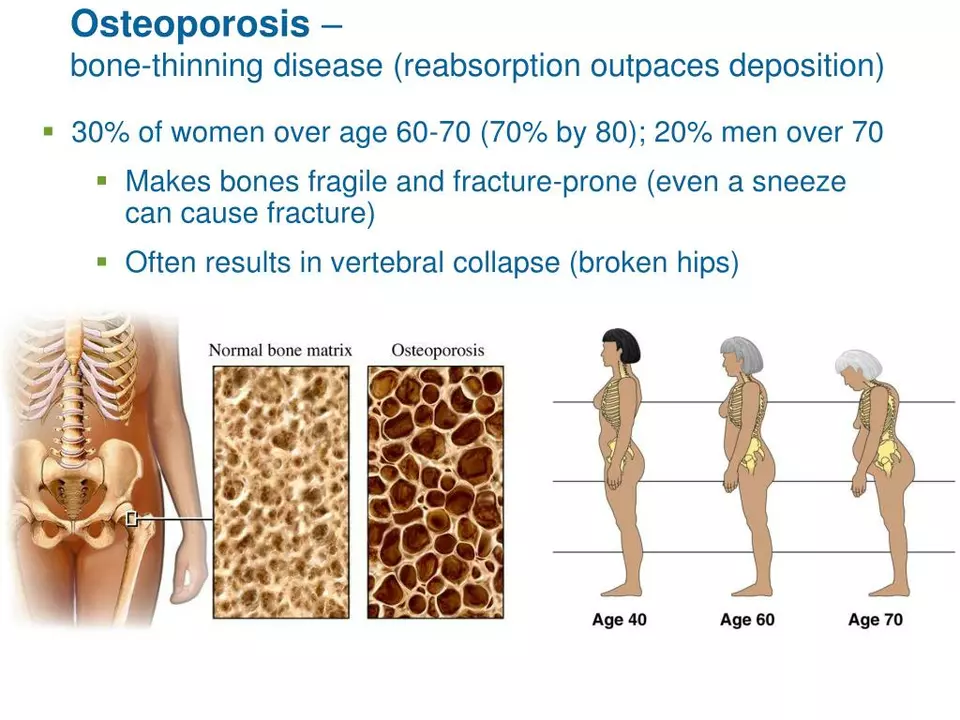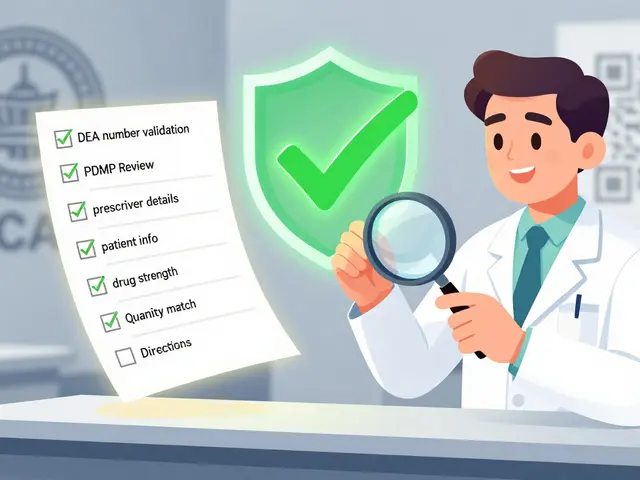Alendronate — What it does and what to watch for
Alendronate is a bisphosphonate medicine used mainly to treat and prevent osteoporosis. It slows bone breakdown, which helps reduce fracture risk. People prescribed alendronate usually want clear, usable rules: when to take it, how to avoid tummy or throat problems, and what side effects to expect. This page gives practical tips you can use the next time you pick up your prescription or ask your doctor questions.
How to take alendronate safely
Alendronate works best if you follow a few simple rules. Take it first thing in the morning on an empty stomach. Use a full glass (200–250 ml) of plain water — do not use coffee, tea, juice, or mineral water. Stay sitting or standing upright for at least 30 minutes after taking the pill to help prevent irritation to the esophagus and reduce the chance of heartburn.
If your dose is weekly, pick one day and try to stick to it. Don’t chew or crush the tablet; swallow it whole. If you miss a weekly dose and it’s been less than 48 hours, take it the next morning and return to your usual schedule. If more than 48 hours have passed, skip it and take the next dose on your regular day — don’t double the dose.
Avoid taking calcium, iron, antacids, or vitamin supplements with calcium for at least 30–60 minutes after alendronate because they reduce absorption. Your doctor may advise a calcium and vitamin D plan to support bone health, but timing matters.
Common concerns and side effects
Most people tolerate alendronate, but some experience stomach upset, heartburn, or mild muscle and joint pain. If you get new or worsening difficulty swallowing, chest pain, or severe heartburn after taking the pill, stop it and contact your doctor — these symptoms can signal esophageal irritation or injury.
Long-term use of bisphosphonates carries small risks: atypical femur fractures and osteonecrosis of the jaw (ONJ). Atypical fractures are rare and often linked to many years of treatment. ONJ is uncommon with oral alendronate but more likely after dental surgery. Tell your dentist you take alendronate before extractions or implants.
Alendronate is not for people with low blood calcium, certain esophageal disorders, or poor kidney function. Pregnant or breastfeeding people should not use it. Your doctor will check kidney function and calcium levels before starting treatment.
Practical tip: get a dental check-up before starting long-term therapy and keep routine dental care while on the drug. Ask your clinician about a treatment review after 3–5 years; some patients can safely pause therapy depending on fracture risk and bone density.
If you have questions about dosing, interactions, or whether alendronate is right for you, bring a list of your current meds and health issues to your next appointment. That makes the conversation quick and useful — and helps you stay safe while protecting your bones.





